Scholz urges Ukraine talks in first call with Putin since 2022
Germany's chancellor condemns Russia's aggression and calls for a just and lasting peace
AFP
News Agency Partner
AFP is a renowned international news agency, delivering comprehensive and reliable reporting on global events, trends, and issues.
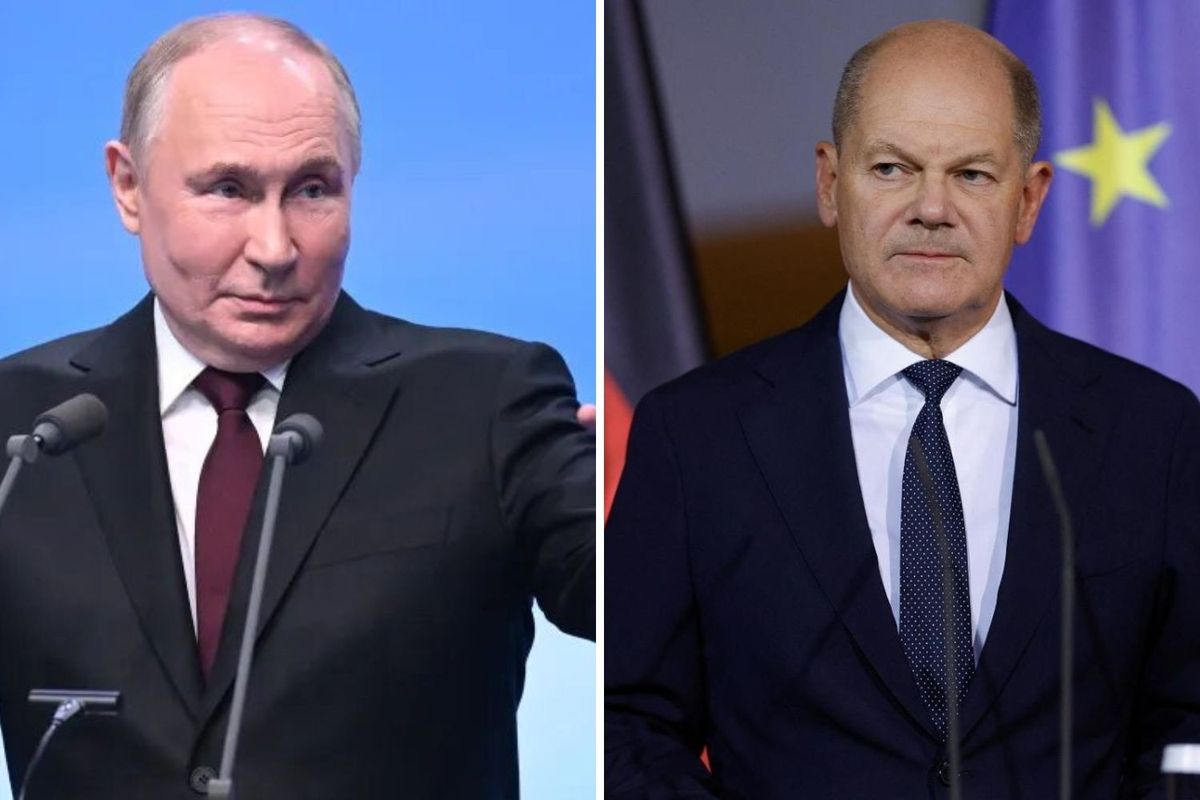
Russia's President Putin (L), Germany Chancellor Scholz (R)
Scholz criticized Russian airstrikes on Ukraine's civilian infrastructure and warned against using North Korean troops
Putin emphasized that any peace agreement must consider Russia's security and new territorial realities
Polish Prime Minister Donald Tusk praised Scholz for upholding the principle of "Nothing about Ukraine without Ukraine"
German Chancellor Olaf Scholz on Friday urged Russian President Vladimir Putin to engage in peace talks with Ukraine during their first call in nearly two years.
Scholz “condemned Russia's war of aggression against Ukraine and called on President Putin to end it and withdraw troops,” said the chancellor's spokesman, Steffen Hebestreit.
The German leader also emphasized the importance of a “just and lasting peace” and urged Russia to demonstrate a willingness to negotiate with Ukraine, Hebestreit added.
The hour-long call, initiated by Germany, marked the first direct conversation between Scholz and Putin since December 2022.
During the discussion, Scholz particularly condemned Russian airstrikes on Ukrainian civilian infrastructure and warned against the use of North Korean soldiers in combat missions against Ukraine, which he said would escalate the conflict further, according to a German government source.
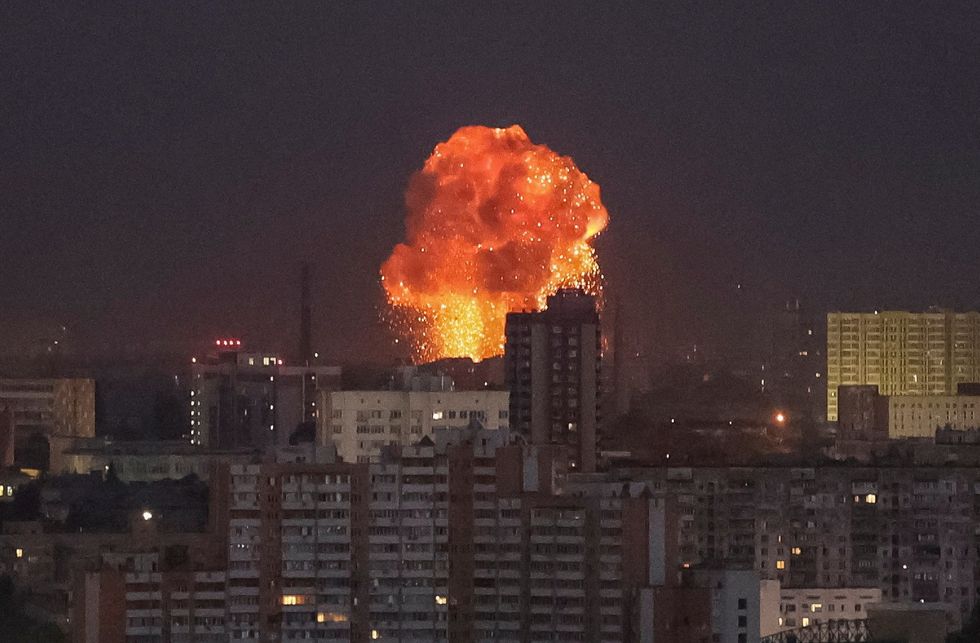
Scholz stressed Germany’s steadfast commitment to supporting Ukraine for as long as necessary, calling the war a critical juncture as Ukrainian troops face mounting pressure.
Putin stresses Russian security interests
The Kremlin confirmed the call and described it as a “detailed and frank exchange of views over the situation in Ukraine.”
According to Kremlin, Putin reiterated that any peace agreement must account for Russia's security interests and “new territorial realities".
He also emphasized addressing the root causes of the conflict as part of any accord.
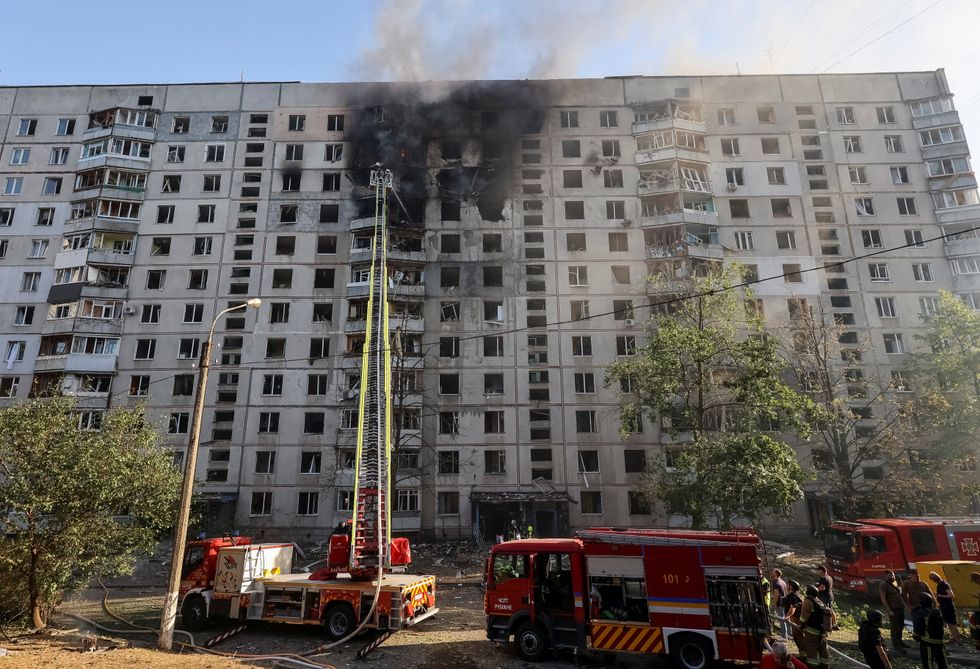
Before speaking with Putin, Scholz consulted Ukrainian President Volodymyr Zelensky and plans to update him following the conversation.
Berlin has pledged to keep NATO and European Union allies informed about the discussions.
Geopolitical context
The call comes as Ukraine prepares for its third winter under full-scale invasion, facing widespread destruction of its energy infrastructure from Russian attacks.
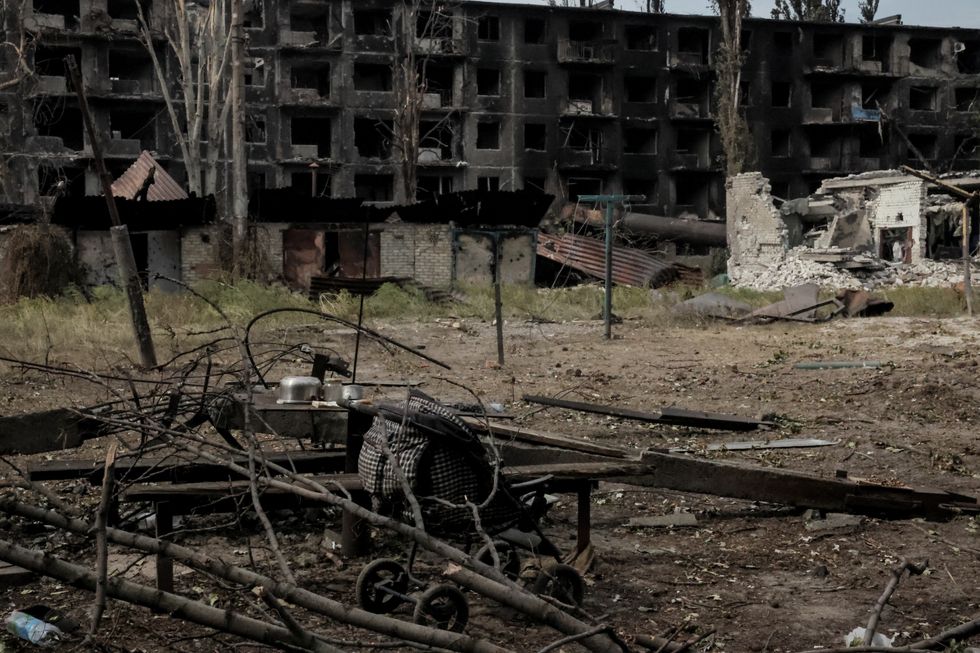
Germany remains one of Ukraine’s largest military supporters, second only to the United States.
However, the recent election of Donald Trump as U.S. president-elect has raised questions about Washington's continued support for Kyiv.
On the campaign trail, Trump criticized aid to Ukraine and claimed he could end the war within hours, though Scholz described Trump’s position as “more nuanced” than perceived.
While Putin maintains limited contact with NATO leaders, he continues to engage with Hungarian Prime Minister Viktor Orban and Turkish President Recep Tayyip Erdogan.
Polish Prime Minister Donald Tusk said he was briefed by Scholz after the call and expressed satisfaction that Scholz upheld the principle of "Nothing about Ukraine without Ukraine."


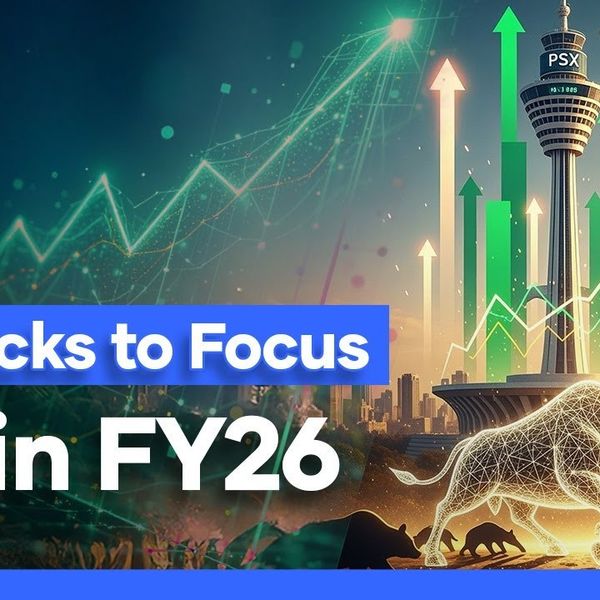
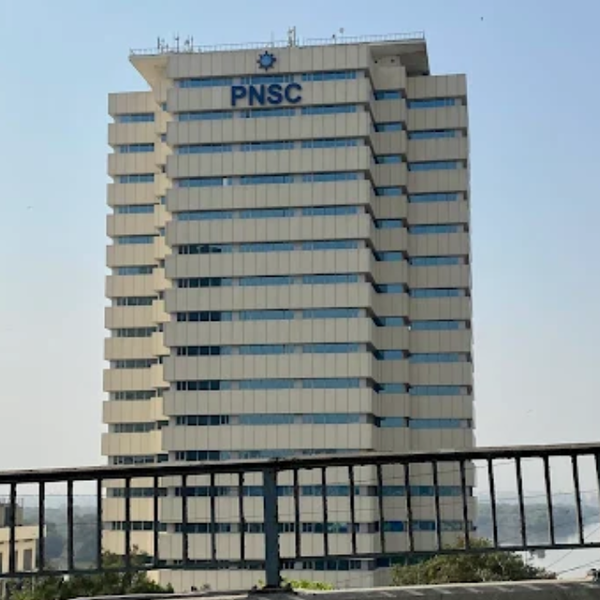

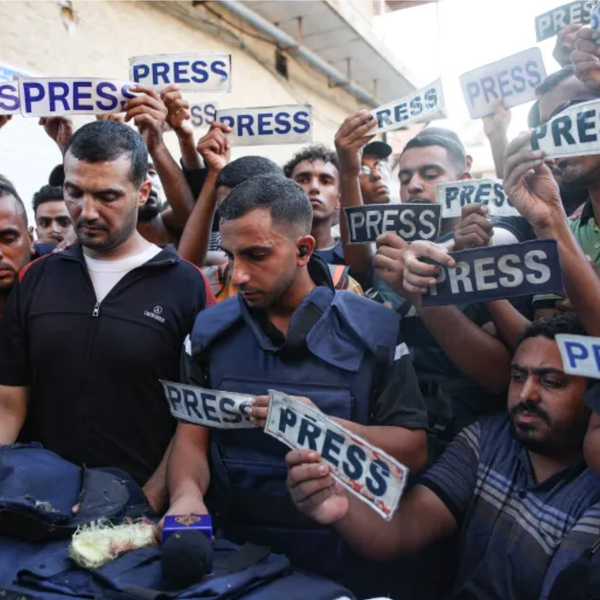

Comments
See what people are discussing